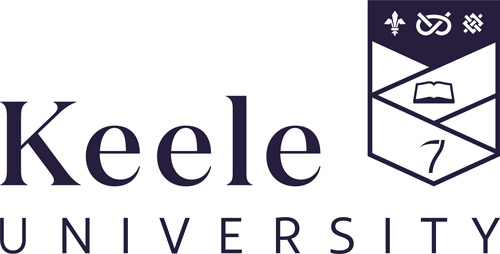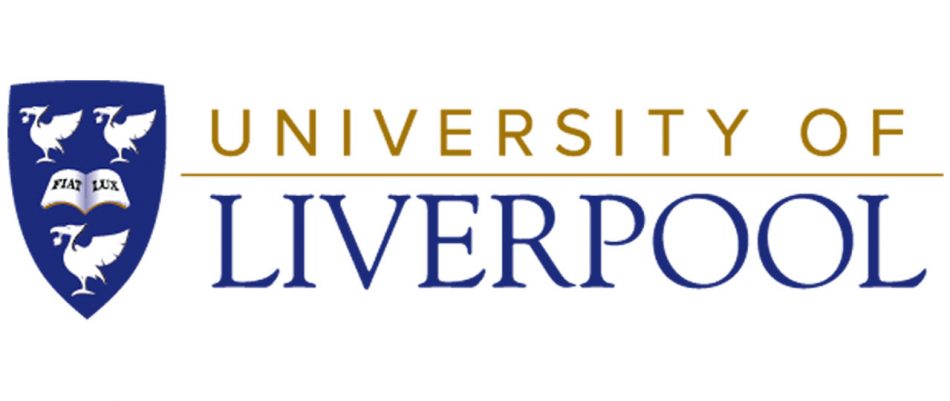Bioveterinary Science: Your Gateway to Animal Health and Biomedical Innovation
Bioveterinary Science is an exciting interdisciplinary field that blends biology, veterinary medicine, and biomedical sciences. It focuses on understanding animal health, disease prevention, and the application of veterinary knowledge to broader scientific advancements. For Indian students aspiring to study abroad, this course offers a unique opportunity to gain world-class education in animal welfare, biotechnology, and research, opening doors to global careers in veterinary science, pharmaceuticals, and conservation.
Studying Bioveterinary Science abroad equips you with cutting-edge skills in areas like animal physiology, genetics, epidemiology, and zoonotic diseases—conditions that can transfer from animals to humans. With India's growing interest in animal husbandry, wildlife conservation, and biotech industries, this degree is particularly relevant. Whether you're passionate about becoming a veterinarian, a researcher, or working in animal health policy, Bioveterinary Science provides a strong foundation.
Why Choose Bioveterinary Science Abroad?
International programs in Bioveterinary Science stand out due to their advanced facilities, hands-on training, and research opportunities. Countries like the UK, Australia, the US, and Canada lead in veterinary education, offering exposure to diverse ecosystems and global standards. For Indian students, studying abroad means accessing scholarships, multicultural environments, and networks that enhance employability back home or internationally.
- Global Perspective: Learn about international animal health issues, from wildlife conservation in Africa to livestock management in Europe.
- Practical Experience: Many programs include placements in veterinary clinics, farms, or research labs.
- Research Opportunities: Collaborate on projects involving CRISPR gene editing or vaccine development for animal diseases.
- Career Boost: Graduates are in high demand in India's expanding biotech sector, valued at over $100 billion.
Course Structure and Duration
Bioveterinary Science programs typically span 3-4 years for a Bachelor's degree (BSc) and 1-2 years for a Master's (MSc). The curriculum is designed to build progressively from foundational sciences to specialized veterinary applications. Expect a mix of lectures, laboratory work, fieldwork, and dissertations.
Key Modules in a Typical BSc Program
| Year | Core Modules | Focus Areas |
|---|---|---|
| Year 1 | Introduction to Biology and Chemistry; Animal Anatomy and Physiology | Building basics in cell biology, biochemistry, and vertebrate structures. |
| Year 2 | Microbiology and Immunology; Genetics and Evolution | Exploring pathogens, immune responses, and genetic disorders in animals. |
| Year 3 | Veterinary Pharmacology; Epidemiology and Public Health | Studying drug development, disease outbreaks, and zoonoses like avian flu. |
| Year 4 (Honours) | Research Project; Animal Welfare and Ethics | Independent research on topics like sustainable farming or wildlife rehab. |
For Master's programs, emphasis shifts to advanced research, such as bioinformatics in veterinary diagnostics or regenerative medicine for animals. Many courses require a final thesis, often published in international journals.
Eligibility Criteria for Indian Students
Admission to Bioveterinary Science programs is competitive but accessible for dedicated Indian students. Most universities require a strong academic background in sciences.
- Academic Qualifications: 10+2 with Physics, Chemistry, Biology (PCB), minimum 60-70% aggregate. For Master's, a relevant Bachelor's degree with 55%+.
- Entrance Exams: No specific global exam like NEET is mandatory, but some programs accept SAT/ACT for undergrad or GRE for postgrad. English proficiency tests are crucial.
- English Language Tests:
- IELTS: Overall 6.5 (no band below 6.0)
- TOEFL iBT: 80-90
- PTE: 58-65
- Additional Requirements: Personal statement, letters of recommendation, and sometimes an interview. Prior experience with animals (e.g., volunteering at shelters) is a plus.
Indian students from CBSE/ICSE boards are well-recognized. If you've appeared for NEET, highlight it in your application to showcase biology expertise.
Top Destinations and Universities
Choosing the right country depends on your budget, climate preferences, and post-study work opportunities. Here's a comparison:
| Country | Top Universities | Tuition Fees (Annual, INR Approx.) | Key Benefits |
|---|---|---|---|
| UK | University of Edinburgh; Royal Veterinary College, London | 20-30 lakhs | 2-year post-study visa; Strong research focus; Proximity to India. |
| Australia | University of Sydney; Murdoch University | 25-35 lakhs | |
| USA | Cornell University; University of California, Davis | 30-50 lakhs | OPT for 1-3 years; Cutting-edge labs; High scholarships for internationals. |
| Canada | University of Guelph; University of Prince Edward Island | 20-30 lakhs | 3-year PGWP; Affordable living; Focus on animal ethics. |
The UK and Australia are popular for their accredited veterinary programs, recognized by bodies like the Royal College of Veterinary Surgeons (RCVS). Indian students can apply via UCAS (UK) or directly to universities elsewhere.
Career Opportunities and Prospects
Graduates of Bioveterinary Science are versatile professionals. The global animal health market is projected to reach $50 billion by 2025, with India contributing significantly through its dairy and poultry sectors.
Career Paths Include:
- Veterinary Medicine: Pursue further studies to become a licensed vet; average starting salary abroad: $60,000-$80,000 USD (45-60 lakhs INR).
- Biomedical Research: Work in labs developing animal models for human drugs; roles at companies like Zoetis or Pfizer.
- Pharmaceuticals and Biotech: Quality control in animal vaccines; in India, firms like Hester Biosciences hire internationals.
- Conservation and Wildlife: Roles with NGOs like WWF or India's Wildlife Institute.
- Public Health and Policy: Advising on food safety or epidemic control; government jobs via UPSC.
In India, salaries range from 5-15 lakhs INR annually for entry-level roles, rising to 20+ lakhs with experience. Abroad, expect 20-50% higher pay. Certifications like AVMA (American Veterinary Medical Association) can enhance prospects.
Scholarships and Financial Aid for Indian Students
Funding your dream is easier than you think. Many universities offer merit-based scholarships covering 20-100% of tuition.
- UK: Chevening Scholarships (full funding for Master's); GREAT Scholarships (up to £10,000).
- Australia: Australia Awards (for developing countries like India); Destination Australia Scholarships.
- USA: Fulbright-Nehru (for Master's); university-specific aid like Cornell's Tata Scholarship for Indians.
- Canada: Vanier Canada Graduate Scholarships; provincial aids.
- Indian Government Schemes: National Overseas Scholarship; ICCR grants for STEM fields.
Part-time work (20 hours/week) and loans from banks like SBI can cover living costs, estimated at 10-15 lakhs INR per year.
Visa and Application Process
Navigating visas can be straightforward with proper preparation. Start 6-12 months in advance.
- Research and Apply: Shortlist universities, submit online applications with transcripts and essays.
- Secure Offer Letter: Upon acceptance, pay deposit to get CAS (UK) or I-20 (US).
- Visa Application:
- UK: Tier 4 Student Visa – Proof of funds (£1,265/month in London).
- Australia: Subclass 500 – Genuine Temporary Entrant (GTE) statement.
- US: F-1 Visa – SEVIS fee and interview at US embassy in India.
- Canada: Study Permit – DLIs and biometrics.
- Prepare for Departure: Health insurance, accommodation, and pre-departure orientations.
Success rate for Indian student visas is high (80-90%) with complete documentation. Consult education agents or university international offices for guidance.
Challenges and Tips for Success
Adapting to a new country involves cultural adjustments, but the rewards are immense. Indian students often thrive due to their strong work ethic.
- Academic Tip: Focus on lab skills; join student societies like veterinary clubs.
- Lifestyle Tip: Budget for groceries (cheaper than eating out); connect with Indian student associations.
- Mental Health: Universities offer counseling; stay connected with family via apps.
Many alumni return to India to contribute to initiatives like the National Animal Disease Control Program, blending global knowledge with local needs.
FAQs
Q: Can I practice as a vet in India after this degree?
A: Yes, with additional licensing from the Veterinary Council of India (VCI). Bridge courses may be required.
Q: Is Bioveterinary Science only for animal lovers?
A: While passion helps, it's ideal for those interested in science and health innovation.
Q: What if I want to switch to human medicine?
A: The foundational sciences transfer well; many pursue MDs or MBBS equivalents abroad.
Embark on your Bioveterinary Science journey today—transform your passion for animals into a global career!






